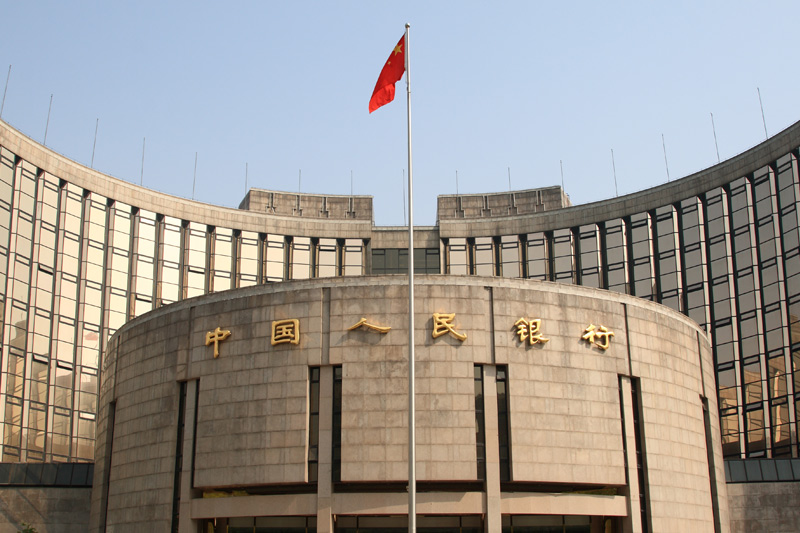(Bloomberg) -- China’s central bank will further ease monetary policy in the first half of 2022 to stave off headwinds and ensure economic stability, according to a Bloomberg survey of economists.
The People’s Bank of China is expected to lower the amount of money banks have to keep in reserve in the first quarter of this year, bringing down the ratio for major banks to 11%. Major policy interest rates -- the one-year medium-term lending facility rate, one-year loan prime rate, and seven-day reverse repurchase rate, will likely be reduced by 10 basis points each in the second quarter, according to economists surveyed by Bloomberg.
China’s economic growth slowed to 4% in the final three months of last year, and the government and central bank have made clear there will be more action in 2022 to support expansion and stabilize the economy. The central bank cut borrowing costs earlier this week, with banks following the move Thursday by reducing the interest rate on one-year and five-year loans.
“The PBOC is going to ease monetary policy more proactively, that means it will not wait until the GDP data shows weakness of the economy.” said Iris Pang, chief China economist at ING Bank in Hong Kong. “Fiscal spending on infrastructure investments are likely to speed up, which will give GDP growth a boost.”
Two front-page reports in important financial newspapers Friday said China was likely to roll out more policies to support economic growth.
Other major points in the survey:
- Median growth forecast for 2022 continues to be 5.2% this year, while the outlook for 2023 was lowered to 5.2% from 5.3%
- Factory inflation seen moderating to 3.7%, with the forecast for consumer prices unchanged at 2.2%
- Forecasts for fixed-asset investment and retail sales growth were higher than before at 5.3% and 6.8%, respectively
©2022 Bloomberg L.P.
